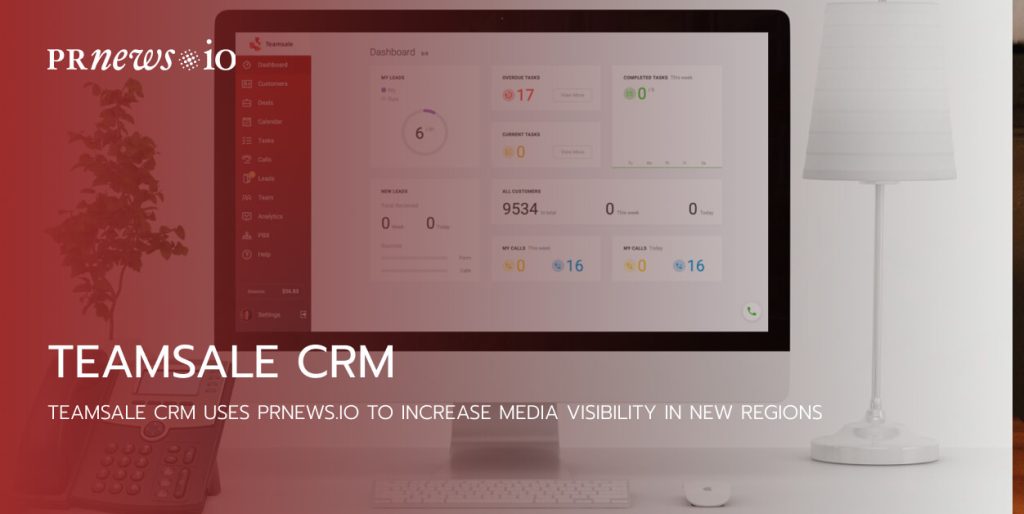A domain name is a very important element of your online presence. Before anyone goes ahead to create a website, the phase of establishing a domain name can be very difficult. In the early days of the Internet, it used to be quite easy given the fact that many domain names were still available.
As the Internet has grown to cover different regions and areas of life and with billions of readable names taken, it’s becoming increasingly difficult to find a suitable name for your online business.
One thing that was recently done to mitigate the issue of domain names was the diversification of name extensions. Initially, there were very few gTLDs (generic top-level domains) and the ccTLDs (country code top-level domains). As we speak, the number has grown to 280 domain extensions in total.
That means if your cherished domain name abcd.com has been taken by someone, you may want to register abcd.radio if that’s available and can correctly describe your business.
Some entrepreneurs don’t pay enough attention to their domain names at the onset. They spend time and money developing their business on the wrong domain and then struggle to move to a new domain after a couple of years. While this may have an impact on your domain authority, it’s a good practice to get the right domain from the very start.
How do you come up with a domain name for your business?
As I mentioned earlier, this is often a difficult phase when it comes to creating a website. However, here are some tips to help you come up with a memorable name for your business website:
Use your business name
The easiest step to take is to use your business name for your domain name. If your business hasn’t gotten a name yet, you may want to try out a free company name generator.
For example, Squadhelp’s business name generator is built by naming consultants who have worked with companies like Nestle, Dell, and AutoNation, as well as thousands of startups. And it uses a tone of real data and AI.
Using your business name as your website name helps you to be found easily by searchers who will try to find you on search engines. The more your brand name is searched, the more search engines see you as an authority and reward you with improved position on search result pages.
What if your business name has been registered?
This becomes even more complex. Nevertheless, let’s explore some options around the business name:
1 – Try different extensions: If your company domain (mycompanyname.com for instance) has been taken, try out the same name with another extension. While doing this, keep in mind that domain extensions are created to represent different types of business. Spending time with your team and pondering on different extension possibilities may help resolve the issue.
Buying a domain name is a quick process. For generic top-level domains, anyone can pick and own one within the next few minutes. If you decide however to go in for country code top-level domains (.FR, .US, .CM, .AU, etc), you may be subject to some administrative controls and approvals.
2 – Buy the registered domain name: If you still are not able to come up with an alternative extension for your company name that has been registered, try finding out if the taken name can be sold by the current owner. In many cases, some marketers register domain names to resell to interested parties. If the owner is willing to sell and you can afford the price (it’s often a thousand times more expensive), go ahead and purchase it.
3 – Rename your business: If your business is new with little impact in the market, considering the enormous advantages of having your business or brand name as your domain name, you may want to give your company a new name. This may involve some administrative steps making it a difficult short-term decision. Your new business name should begin with finding an available domain name, buy it from a domain registrar before moving on to business registration offices for administrative recognition.
4 – Modify your business name: Adding some character elements to your business name to form a domain name isn’t the best. However, you may find that as the only option available. Any word can be prepended or appended to your business as long as it doesn’t sound weird and misleading. For instance, you may want to move from Companyname Inc. to companynameonline.com.
Important points to consider before you register your domain name
There are a couple of things to keep in mind when picking a domain name for your website. Remember that a good domain name will help you stand out, gain recognition, and increase visits to your website. Let’s quickly go through some of these points:
1 – Make it short and memorable
The shorter your domain name, the easier it is to be memorized. A three-digit domain name (though very difficult to be found) will always stick in the mind of visitors. Personally, between 3 to 5 letters are what I consider to be the best domain name length. Sometimes, 2 to 4 words is still good if those words are common.
2 – Use pronounceable words
As a marketer, you should aim at helping people find you and avoid errors when typing your domain name in the address bar. Words that are uncommon or complicated may be hard to retain. If readers can easily pronounce the words in your domain name, chances to remember it at any time are higher.
3 – Avoid hyphens (may confuse visitors)
Many businesses in desperation or lack of information are quick to jump on hyphens. They see this as a quick way to maintain their business name if someone else went ahead of them to take it as a domain name.
Hyphens are a common character in toxic domains. This is what I notice each time I run my SEO toxic domain tool. However, if you must use the hyphen character, don’t exceed one.
4 – Digits in domain names
Digits are technically valid in domain names but from the point of view of visitors, caution has to be raised. What’s the difference between twocents.com and 2cents.com?
For someone who hears this read on radio or TV, it provokes confusion. Without writing it, your visitors may end up hitting the wrong domain in the address bar. To be on the safe side, both domains should be registered and one redirected to the other which is definitely chosen as the main domain.
5 – Don’t use irrelevant extension
Domain extensions are generally indicative of the type of business you run. Country-specific extensions are always a good fit for businesses targeting local customers. Website visitors from the country of the ccTLD will always feel confident and protected.
From an SEO stand point, you should not worry much about which extension to adopt. However, if you are an organisation, using the .org extension is most appropriate. Other extensions such as .dev, .tech, .io are pointers to tech related businesses. Basically, your domain extension shouldn’t be misleading.
6 – Avoid Homophones at all costs.
Homophones are two or more words having the same pronunciation but different meanings, origins, or spelling. Using them in domain names is not a smart thing to do. A visitor who hears celldigits.com may not know you are referring to selldigits.com. As I advised in the case of digits, you may have to buy and maintain different versions and redirect to one.
Conclusion
Don’t be in a rush to register a domain name that does not reflect the message and values of your business. Janice, one of my blogging friends has a few more tips to help with your domain name. I believe if you do a little more work, you should find the most appropriate domain name for your business.





